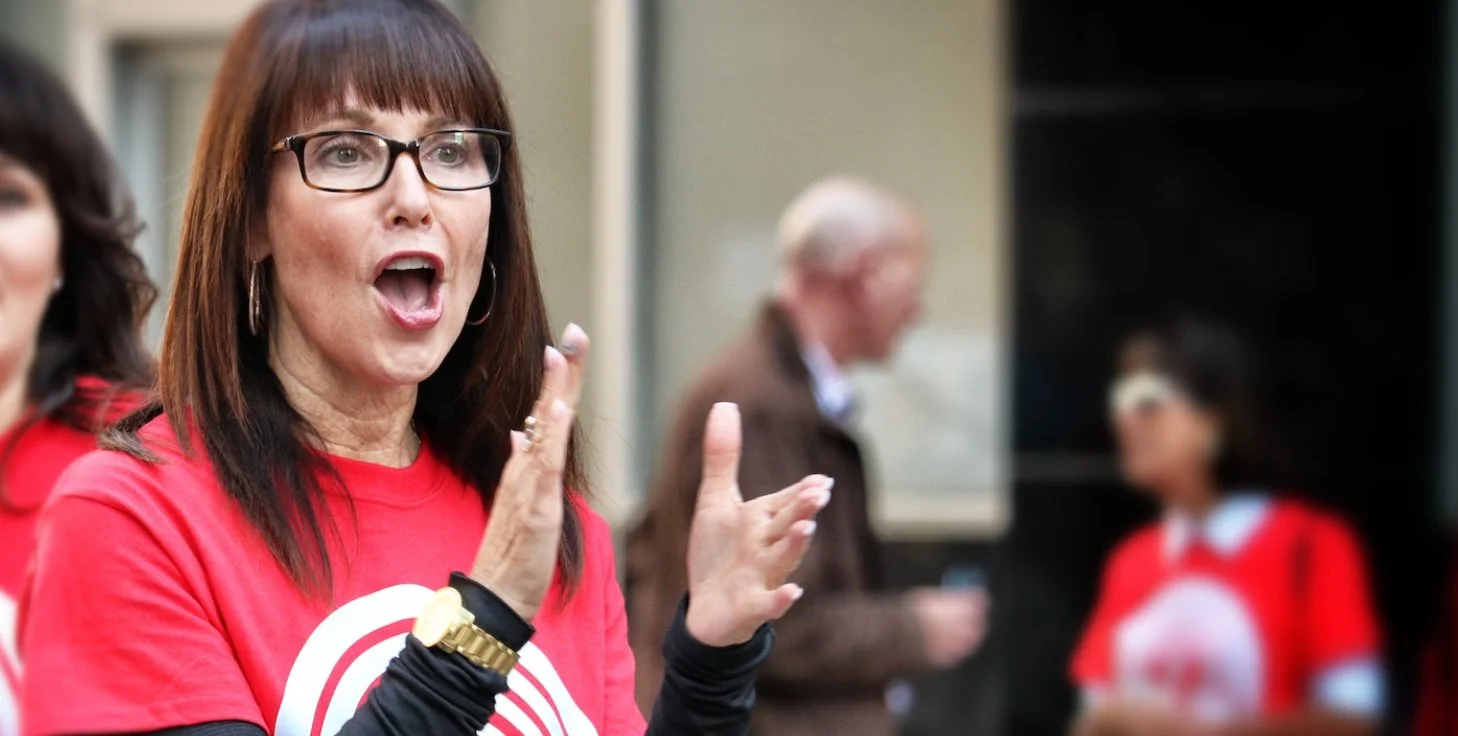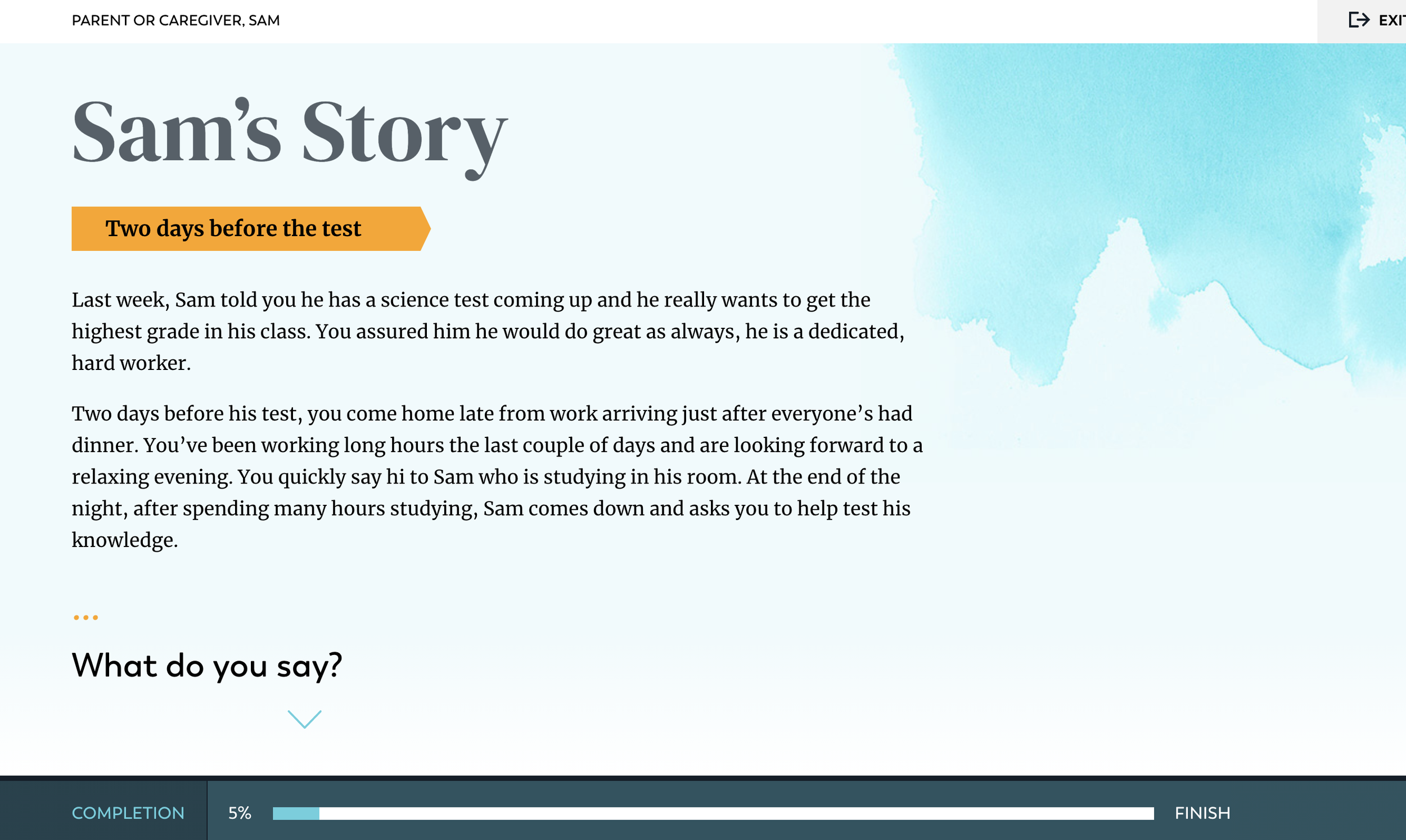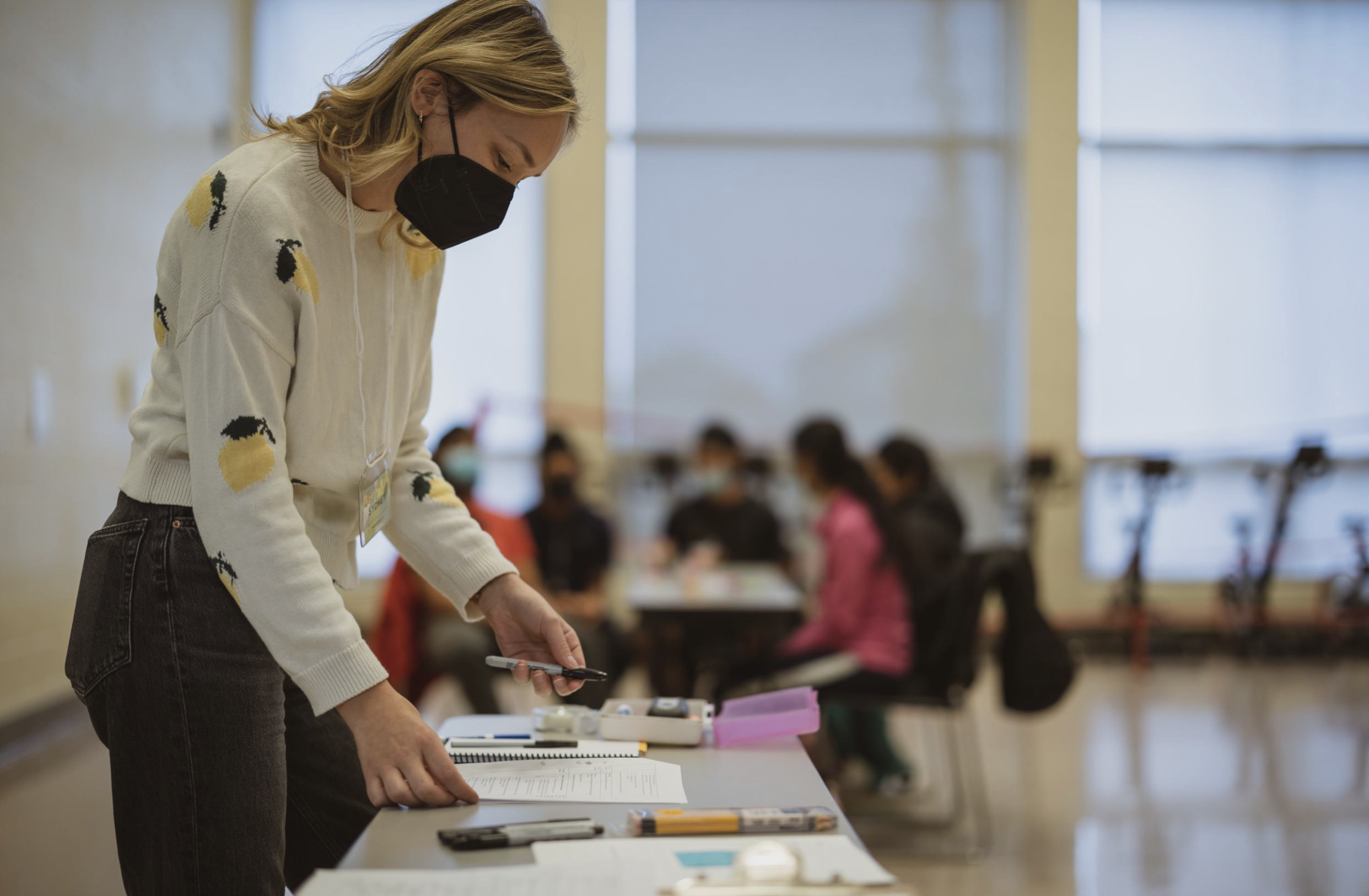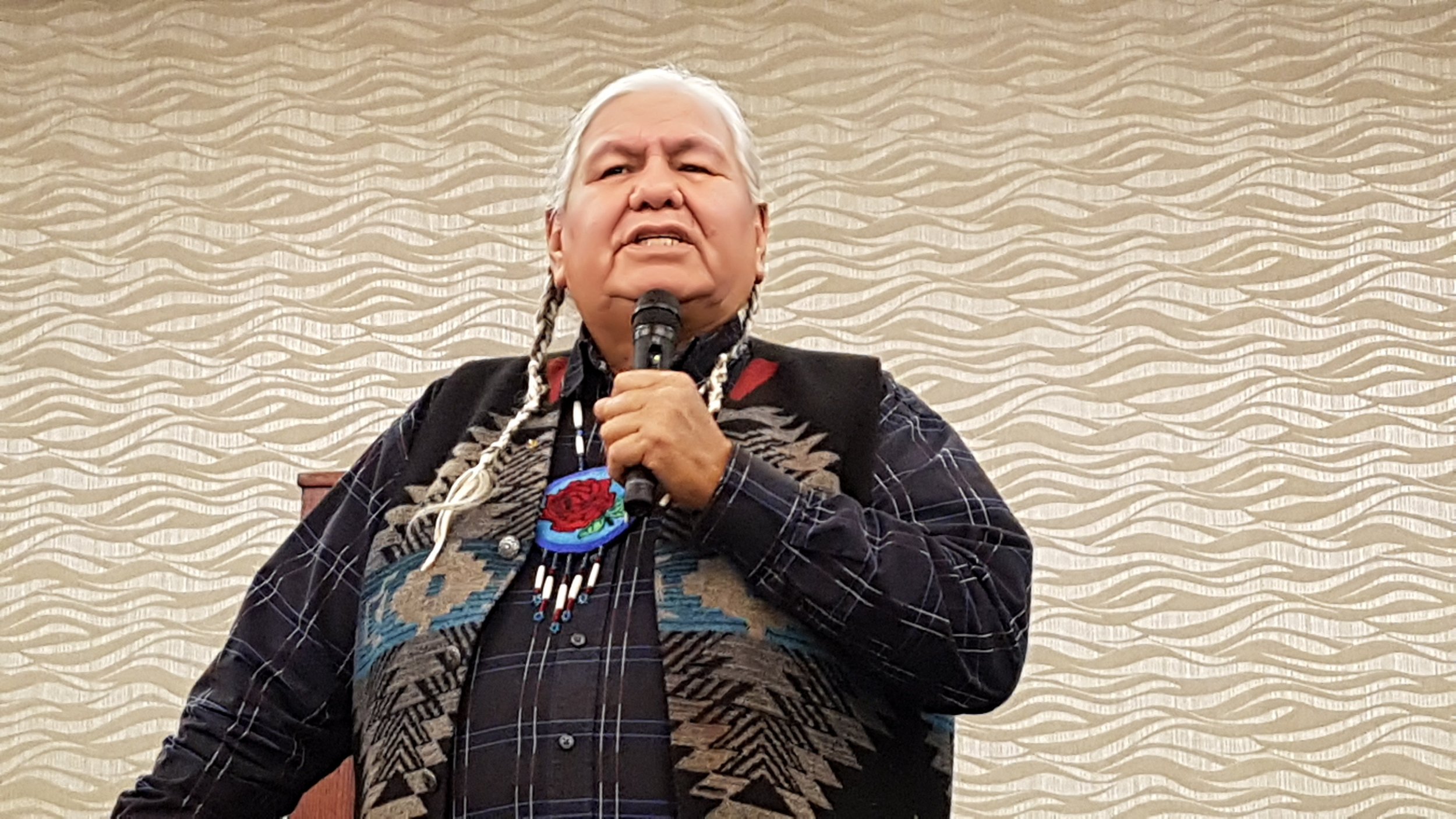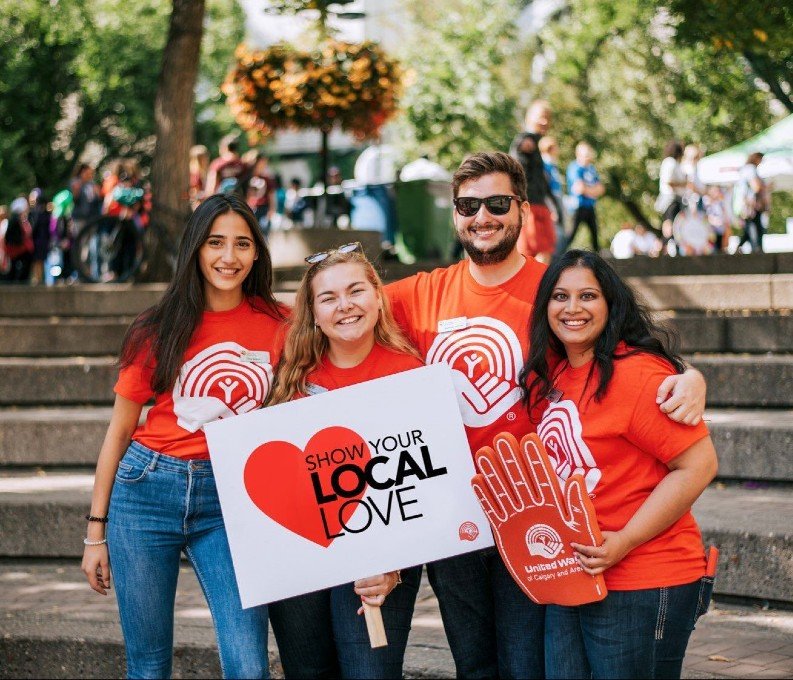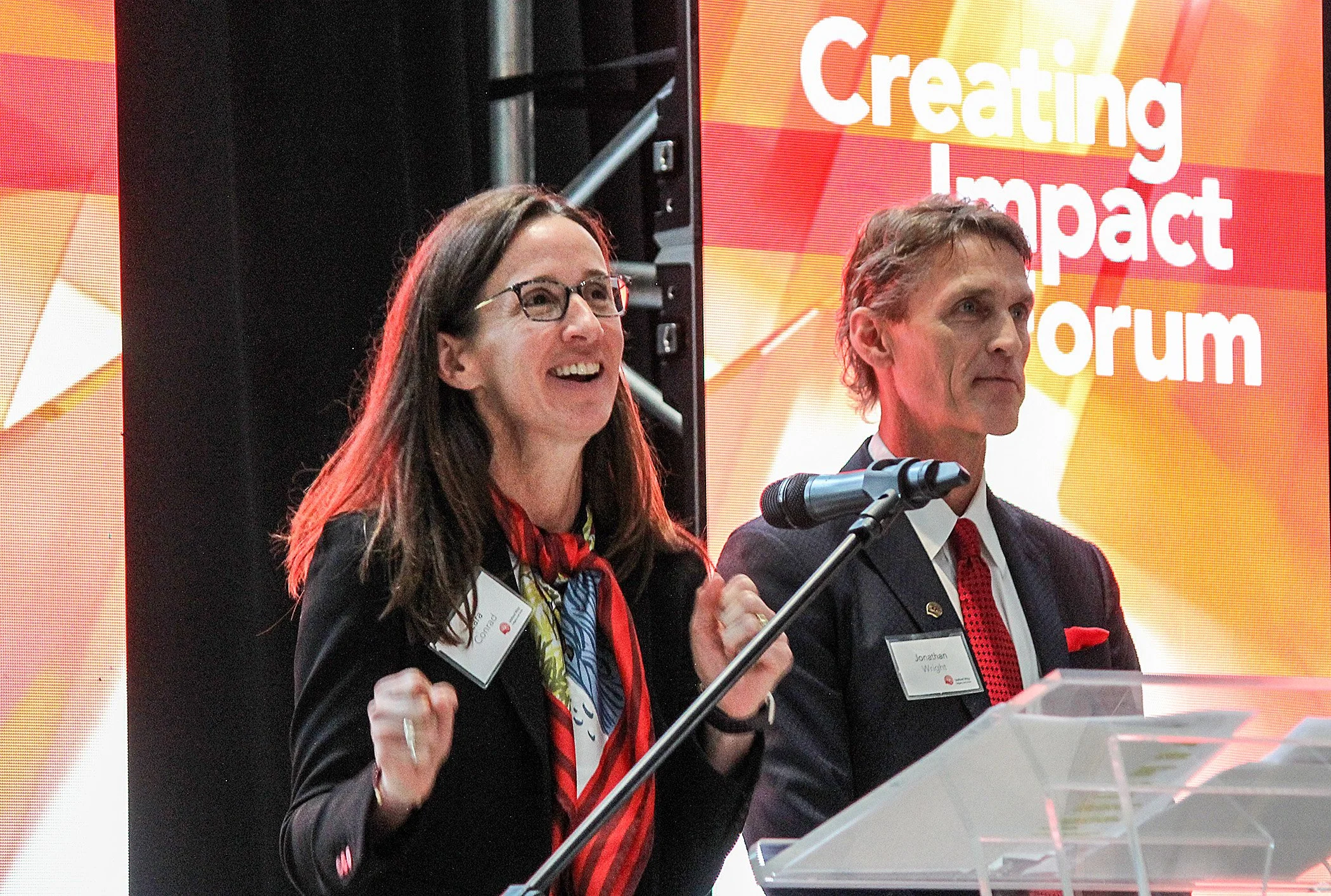The importance of kindness in the non-profit sector.
How can non-profit organizations use kindness to enhance organizational health and impact in community?
Prior to this article, I shared how including kindness as a core philosophy in your business produces a myriad of competitive advantages. What we are looking at today is a not-for-profit that has been working with this philosophy for decades. And which, over the last number of years, has made a push toward enhancing kindness in all aspects of their organization.
While concepts and payoffs are similar between for-profit and non-profit, the metrics by which we measure the benefits of kindness for a non-profit are a little different. We can’t necessarily speak to bottom line in the same sense, though there are markers that validate the benefits of kindness.
United Way of Calgary and Area was born in dedication to kindness and community. It is an excellent example of kindness in practice and has been living and delivering by this concept for decades in Calgary. Their mission and vision are in service of mobilizing communities for lasting social change to the end of creating a resilient and caring community where everyone thrives. At J5, we are constantly inspired by the work of United Way and their community partners. We also have a unique working relationship that allows us to write this article from a place of ongoing experience and deep understanding.
As we began working together, the United Way drew J5’s gaze to issues in the community and opportunities to make change on a systematic level. And J5 helped steward United Way into understanding and playing with human-centered design. United Way is such an interesting case study because it displays examples of what I have defined as the three levers of kindness for organizational development - Design (products & services), Inward-Facing (organizational culture), and Outward-Facing (reputation & sales).
Design - products & services
United Way has always worked diligently to positively impact the issues that affect Calgary and area. Over the last number of years, they have been looking for new, more creative ways of working. “When I became CEO,” says Karen Young, “I wanted to lean into social innovation.”
This drive to better serve the community through social innovation is what led to the creation of The Social Impact Lab (the Lab). Operating in downtown Calgary, the Lab is a collaboration between J5 and United Way, pairing J5’s design methodology and United Way’s connection to community to cultivate innovation and growth in the social sector in Calgary. The Lab consists of a multidisciplinary team who aim to accelerate innovation and drive change for those in our community who struggle within an inequitable system.
“I wanted to find the right partner,” says Young, “John and his team have inspired us to think differently. We learned a lot about design thinking.” Working with J5 has helped United Way explore different possible solutions for solving complex social issues in our community.”
In collaboration with J5, United Way is focusing resources on service design through a human-centred lens. For United Way, it is important to understand the variables at play and think about how else they can provide impact for their initiatives and projects. “It is so important to focus on the person, the family, the community…,” Young explains. This requires listening, learning and collaboration to create new products and services that will deepen our community impact.”
Playing on J5’s expertise in design and tech, the Social Impact Lab has been leaning into digital disruption with projects like Steps to Support and Natural Supports Simulation. Two free accessible tools that are easy to navigate and help people learn to be better supports for one another.
United Way has also incorporated design thinking into several larger city and province-wide projects it is undertaking or funding to produce larger systems change transformations. A few examples:
Planet Youth is an internationally proven, community-driven research-based prevention model that promotes preventative supports that address complex issues facing local youth.
Sydney Johnson facilitating a Planet Youth workshop with youth, for youth.
Enough for All – a poverty reduction strategy where United Way is a partner, that aims to ensure that Calgary is a strong, supportive and inclusive community, where everyone has sufficient income and assets to thrive.
Inspire - a capacity building program for non-profit organizations delivered through The Social Impact Lab that teaches design thinking as an approach to problem solving.
The Social Impact Lab Alberta – seeks out non-profit organizations and engaged citizens with a desire to incubate, innovate and inspire, supporting them making a difference by helping families, individuals, and communities.
Toward United Way’s goal of investing in Social Innovation, the Lab is putting Calgary on the map for social innovation.
Another focus for United Way is building relationships or making relatives with Indigenous people, and supporting their well-being as a social impact organization. An excellent example of this is in their efforts to positively contribute to Truth and Reconciliation and use the power of their voice and actions to inspire others to help advance the movement. This was done through the development of the Akak’stiman Indigenous Strategy.
A large percentage of programs and services United Way designs and supports serve urban Indigenous communities. Understanding the needs of these groups, bringing Indigenous voices to the table, and recognizing and honouring both Western and Indigenous ways of knowing, being, and doing, is what this style of kindness-based design is all about. Through this learning journey, Karen was introduced to the concept of ‘sanctified kindness,’ a principle of Indigenous ways of knowing and being that believes in kindness toward everything. Indigenous Elders taught United Way that sanctified kindness aligns to the idea of “sharing with compassion” and that on a practical level, it is the giving of a resource, including stories, to help the community. Kindness towards everything aligns with United Way’s objective to connect people with the support they need to thrive.
““Sanctified kindness is one of our natural laws. We need to work together with sanctified kindness to survive.” ”
Inward-Facing - organizational culture
United Way takes a stand for creating a resilient and caring community, and Karen’s focus is on shifting the internal culture to model these qualities as well. Within United Way, they have what they call a ‘Culture of Care’ - a workplace connected to social purpose where everyone belongs, and leadership empowers people to have a voice.
They have Friday gatherings called ‘Bullpens’ that allow employees to catch up on what everyone is working on, celebrate achievements and acts as a social tool for people to encourage and be cheerleaders for each other. “It’s important that the culture we model to the community starts with us,” says Young.
“People are coming to the United Way to be connected to something good,” she says. Toward this end, United Way is working with Debbie Blakeman, a Calgary-based leadership and culture consultant, creating new values and language, developing a culture of support and inclusion, and creating opportunities for employees to engaged in the work they do.
They also have their own internal campaign that engages staff on issues that are important in the community. It inspires the team and creates community spirit and sets an example for campaigns with corporate partners.
Outward-Facing - reputation & sales
United Way is an organization founded in kindness and service to community. Its reputation in Calgary and across the country is reflective of that. This reputation for community leadership and how United Way interacts with ‘customers’ draws many benefits to the organization including access to donors, a prolific network, and the ability to create big impact on social issues in the local community.
One thing United Way has been working on is understanding the customer journey with both clients and donors. An excellent example of this is the creation of their Community Impact Framework, transforming the way United Way works in the community. United Way invests in social sector initiatives that are collaborative and innovative, and that address multiple social issues. They are working together to support communities through the pandemic recovery by forming partnerships that tackle systemic change.
The framework takes a collaborative, integrated and holistic approach based on co-designing innovative and transformative solutions, and demonstrates United Way’s commitment to building diversity, equity, and inclusion into everything they do. United Way is thinking and doing in new ways, by understanding how the many different parts of Calgary’s social support systems relate to each other, how those systems have changed and evolved over time and circumstances, and how they can develop and support coordinated, connected solutions.
They also work with corporate partners on defining and deploying social campaigns that allows them to connect to demonstrate their commitment to the local community. United Way puts high priority on understanding their corporate partners’ customer journey and enhancing their customer experience is high priority.
Moving forward together
The result of United Way’s commitment to the betterment of our local community is that they are a prominent, long-standing institution whose name is synonymous with kindness. We appreciate and are grateful to be working so closely on such meaningful projects that help bring the mission of J5, Creating a Kinder, More Beautiful Future, to light.
